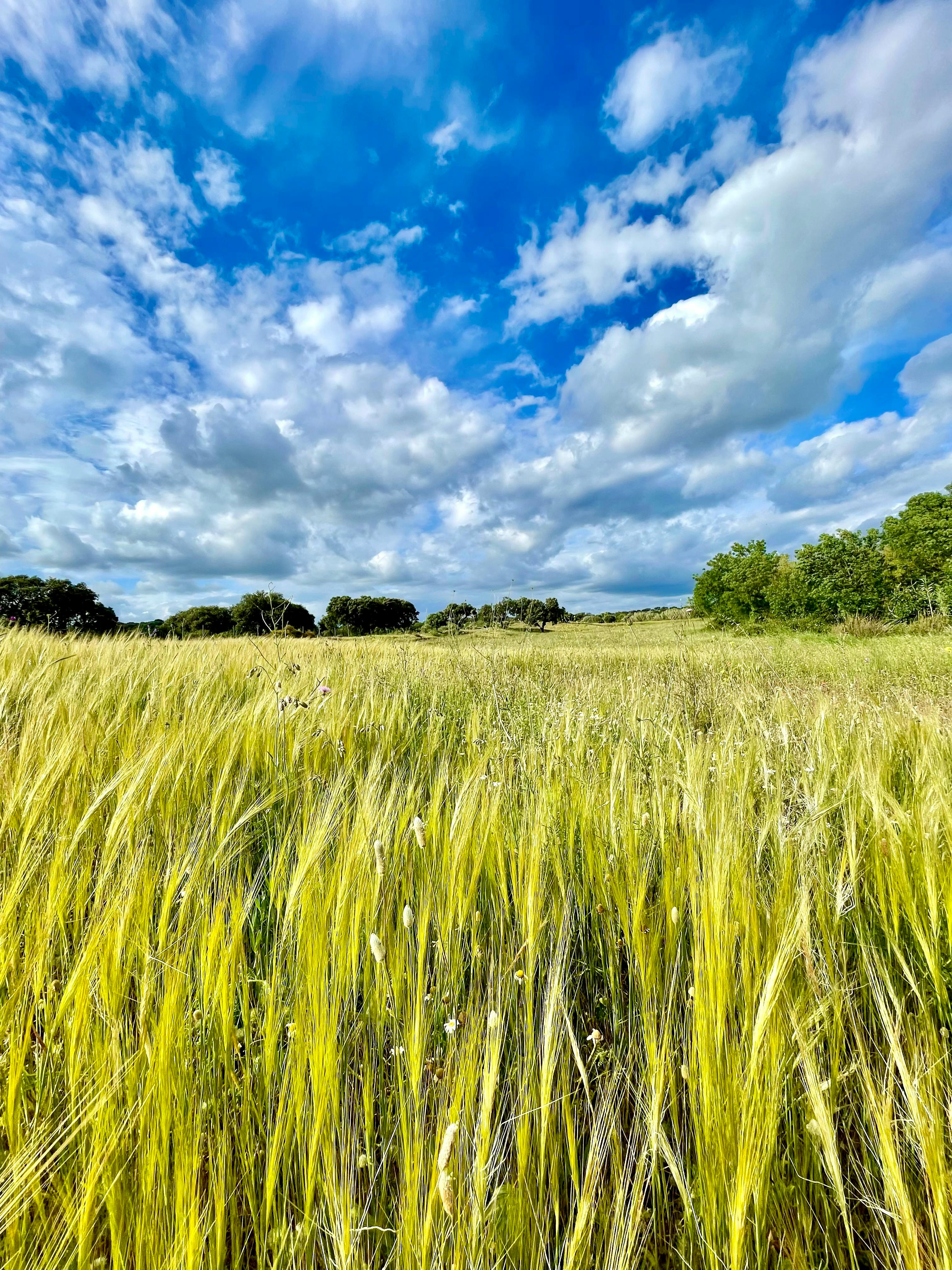Climate Change & Geopolitical Risks in Global Grain Markets
The global grain markets are under immense pressure due to rising world population and increasing food demand. Climate change and geopolitical tensions further intensify this pressure, jeopardizing food security. The adverse impacts on agricultural production, supply chains, and price fluctuations have serious implications for both developed and developing countries. The combination of extreme weather events triggered by climate change and supply disruptions caused by regional conflicts has led to soaring grain prices. This article addresses these challenges and emphasizes the importance of sustainable farming practices, climate-smart policies, and technological innovations.
The Impact of the Climate Crisis on Agricultural Production
Climate change is directly affecting global agricultural production. The increasing frequency and intensity of weather events like droughts, floods, and extreme temperatures are reducing both the yield and quality of grain crops. For instance, prolonged droughts in North America and Europe have reduced wheat production by up to 20%. In 2023, droughts in Canada severely impacted staple crops like wheat and canola, limiting export capacity. These events affect not only local agriculture but also global supply and prices.
Additionally, extreme heatwaves in southern Europe in 2024 led to reduced yields for crops such as corn and sunflower. As a result, the European Union increased its corn imports by 30%, placing greater price pressure on importing countries. These statistics emphasize the need for climate-friendly agricultural practices to stabilize global grain supply.
The Impact of Geopolitical Tensions on Supply Chains
The Russia-Ukraine war has significantly disrupted grain transportation in the Black Sea region, which accounts for 30% of the world’s grain exports. Ukraine, a major wheat exporter, particularly to African and Middle Eastern markets, has faced severe supply chain disruptions due to blocked ports and trade routes. This situation has forced many countries to seek alternative suppliers, leading to sharp increases in grain prices and even food crises in some regions. For example, countries heavily dependent on wheat imports, such as Egypt, have turned to other sources, resulting in increased global prices due to limited availability.

Price Fluctuations and Food Security
Price fluctuations in grain markets pose a serious risk to food security, especially for developing countries. Between 2022 and 2023, wheat prices rose by 40%, straining the budgets of countries reliant on food imports. The International Food Policy Research Institute (IFPRI) reported that these price increases have heightened food insecurity in low-income countries, making it difficult for millions to access basic food supplies. India, for instance, imposed export restrictions on wheat to meet domestic demand, resulting in global shortages and further price increases.
Local Protection Policies and Agricultural Strategies
Some countries are implementing import restrictions or export bans to protect local agricultural production. Turkey, for example, banned wheat imports during the 2024 harvest season to support local farmers. While these protectionist policies help local producers, particularly during harvest seasons, they also contribute to global supply shortages. Countries such as Egypt and Nigeria have invested in their agricultural capacity with support packages, but importers still face higher prices due to reduced global supply.
Technological Innovations and Climate Resilience
In response to the increasing challenges of climate change and geopolitical instability, the agricultural sector is turning to technology-driven solutions to enhance resilience. Innovations such as precision farming, satellite-based crop monitoring, and AI-powered predictive analytics are helping farmers optimize resources and reduce waste. For instance, precision agriculture utilizes data from soil sensors and weather forecasts to improve water and fertilizer usage. Countries like China and Brazil are employing drone and satellite technologies to increase efficiency and produce more with fewer resources. Additionally, advancements in genetic engineering are aiming to develop drought-resistant crop varieties, which strengthen agricultural resilience to climate change.
Future Risks and Solution Strategies
The adverse effects of climate change on global grain production are expected to worsen in the coming years. Thus, sustainable agricultural methods, such as water-saving drip irrigation systems and climate-resistant seed varieties, are becoming increasingly important. Support from international organizations for agricultural technology can help grain producers adapt to climate change. Sustainable farming practices and international cooperation will be crucial to addressing the challenges facing global grain markets.

Climate-Smart Policy Development and Implementation
In addition to technological advancements and sustainable agricultural practices, supportive government policies are essential for tackling climate change’s impact on global grain production. Climate-smart policies can include financial incentives for adopting sustainable farming techniques, subsidies for water-efficient irrigation systems, and funding for research into climate-resilient crop varieties. Governments can also establish climate insurance programs to protect farmers from the financial risks associated with extreme weather events. Furthermore, implementing trade policies that encourage environmentally friendly practices and international collaboration on climate resilience efforts can reinforce these initiatives.
By enacting climate-smart policies, countries can strengthen their agricultural sectors' adaptability, reduce the impact of climate change on food security, and support global efforts to stabilize grain markets.
Climate change and geopolitical tensions undeniably challenge global grain markets, yet the adoption of technological innovations, sustainable farming practices, and climate-smart policies remains essential for addressing these issues. With the backing of global cooperation, these strategies are set to play a pivotal role in securing food supplies and stabilizing grain markets for the future.


